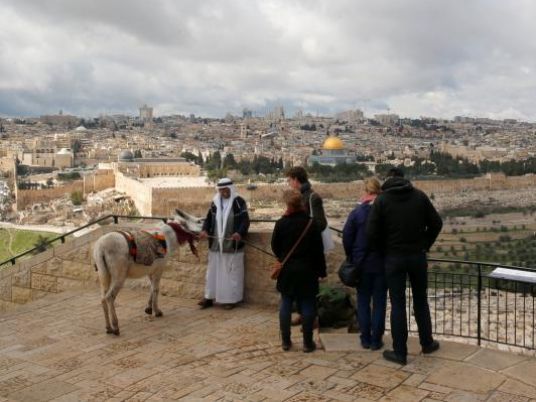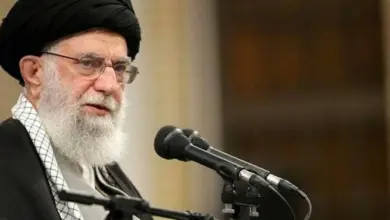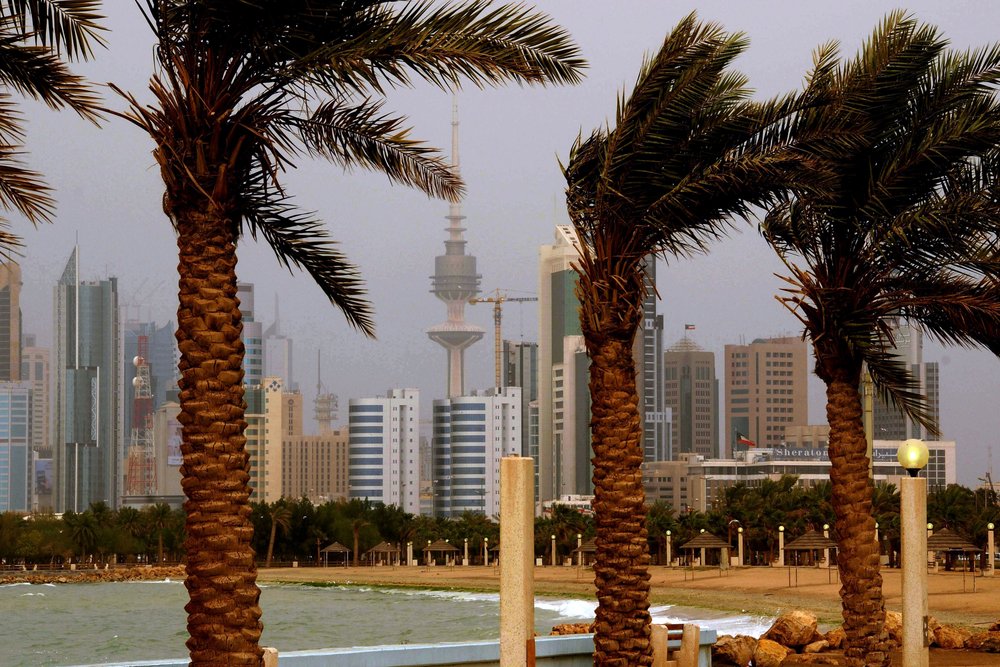
Palestinians warned the United States on Wednesday against abandoning a two-state solution to the conflict with Israel after a White House official said peace did not necessarily have to entail Palestinian statehood.
US President Donald Trump and Israeli Prime Minister Benjamin Netanyahu meet later in the day for the first time since the US election in November that brought the Republican to office.
On the eve of the meeting, a senior White House official said it was up to the Israelis and Palestinians themselves to decide on the shape of any future peace.
"Whether that comes in the form of a two–state solution if that's what the parties want, or something else," the official said, adding that Trump, while giving peace "high priority" would not try to "dictate" an agreement.
For Palestinians, who seek a state in the Israeli-occupied West Bank, East Jerusalem and in the Gaza Strip, even the notion of a US retreat from the internationally backed goal of a future Palestine existing alongside Israel was alarming.
"If the Trump Administration rejects this policy it would be destroying the chances for peace and undermining American interests, standing and credibility abroad," Hanan Ashrawi, a senior member of the Palestine Liberation Organization, said in response to the US official's remarks.
"Accommodating the most extreme and irresponsible elements in Israel and in the White House is no way to make responsible foreign policy," she said in a statement.
Netanyahu committed, with conditions, to the two-state goal in a speech in 2009 and has broadly reiterated the aim since. But given regional instability and long-running divisions in Palestinian politics, many in his cabinet argue the time is not ripe for a Palestinian state to emerge.
Far-right cabinet ministers in Israel have called for the annexation of parts of the West Bank, which was among the territory Israel captured in the 1967 Middle East war. Netanyahu has not endorsed that demand.
Commenting on the White House official's remarks, Husam Zomlot, strategic affairs adviser to Palestinian President Mahmoud Abbas, noted that Palestinian statehood has long been at the heart of international peace efforts.
"The two-state solution is not something we just came up with. It is an international consensus and decision after decades of Israel's rejection of the one-state democratic formula," Zomlot told Reuters in Jerusalem by telephone from the West Bank city of Ramallah.
On his departure for Washington on Monday, Netanyahu sidestepped a question on whether he still backed a two-state solution, saying he would make his position clear in the US capital.
But he has spoken of a "state minus," suggesting he could offer the Palestinians deep-seated autonomy – they already exercise limited self-rule in the West Bank under interim deals – and the trappings of statehood without full sovereignty.




